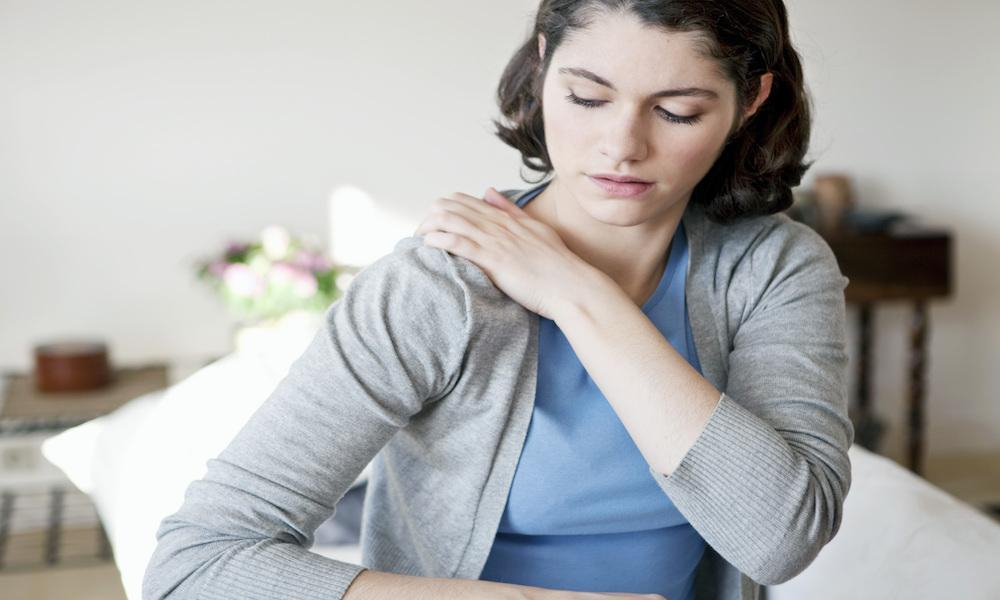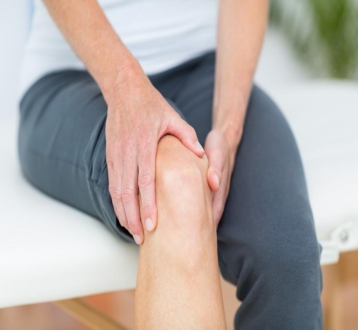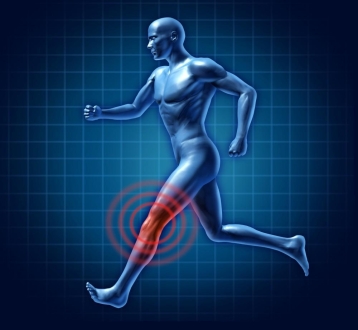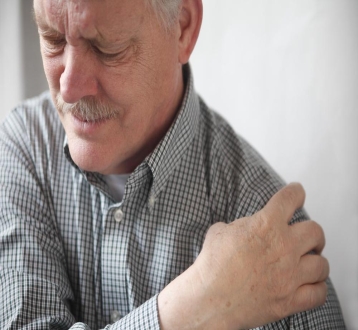
Life is better when your shoulders feel good and work well. Shoulders help you lift, reach, carry, push, and pull, allowing you to do countless important tasks and actions throughout your day. Shoulder pain and reduced range of motion can interfere with your work, daily responsibilities, and leisure activities.
Shoulder pain is very common and has many causes. Two of the top sources of shoulder pain are rotator cuff tears and osteoarthritis.
Shoulder replacement surgery is an excellent option for people with certain kinds of shoulder disability or joint damage. It’s a surgical procedure in which all or part of the shoulder joint is replaced by an implant.
There are several kinds of shoulder replacement surgery, including reverse shoulder replacement. Read on to learn about whether this type of shoulder replacement surgery is right for you.
Why replace a shoulder?
In a nutshell, here’s how your shoulder is designed. The ball and socket joint of your shoulder form when the head of your upper arm bone and the shoulder meet. Four tendons, which are known as the rotator cuff, surround your shoulder joint.
The rotator cuff provides stability and mobility to your shoulder joint. When any of the tendons of your rotator cuff tear, it can result in excessive wear and tear to your shoulder joint. Over time, a type of osteoarthritis known as shoulder arthropathy can set in.
Shoulder arthropathy can cause various symptoms, including shoulder pain, weakness, and difficulty raising your arm over your head.
Conventional shoulder replacement usually doesn’t benefit people with large rotator cuff tears and shoulder arthropathy. However, for those people, a procedure known as reverse total shoulder replacement is usually a better choice.
What is reverse shoulder replacement?
During conventional shoulder replacement surgery, Dr. Otis Drew replaces the ball and socket of the shoulder with a metal ball and plastic socket. However, this procedure doesn’t address the joint instability and arthritis pain that comes with a torn rotator cuff.
To stabilize the joint, Dr. Otis performs reverse shoulder replacement, a procedure that reverses the placement of the ball and socket. This arrangement allows you to have better use of the deltoid muscle, which can take over for dysfunctional rotator cuff tendons.
Is a reverse shoulder replacement right for you?
For some people with rotator cuff pain and shoulder arthropathy, treatment with medication, physical therapy, and cortisone injections can provide relief.
However, if those treatments can’t effectively manage your condition, you may be a candidate for a reverse total shoulder replacement.
To determine whether reverse shoulder replacement is the best choice for you, Dr. Drew will examine your shoulder, check your range of motion, ask you about the type of pain you have, and talk with you about your medical history.
Relief of shoulder symptoms
During the weeks after reverse shoulder replacement, you’ll meet with a physical therapist to do exercises that strengthen your shoulder and improve range of motion.
After completing their rehabilitation programs, most patients experience a dramatic reduction in shoulder pain and a significant increase in their range of motion.
If you’re frustrated by shoulder pain, weakness, or a reduction of mobility, Dr. Drew can help. He can answer all of your questions about shoulder replacement surgery and determine whether it can benefit you. Call our office in Lafayette, Louisiana, or click the “book online” button to schedule an appointment.










